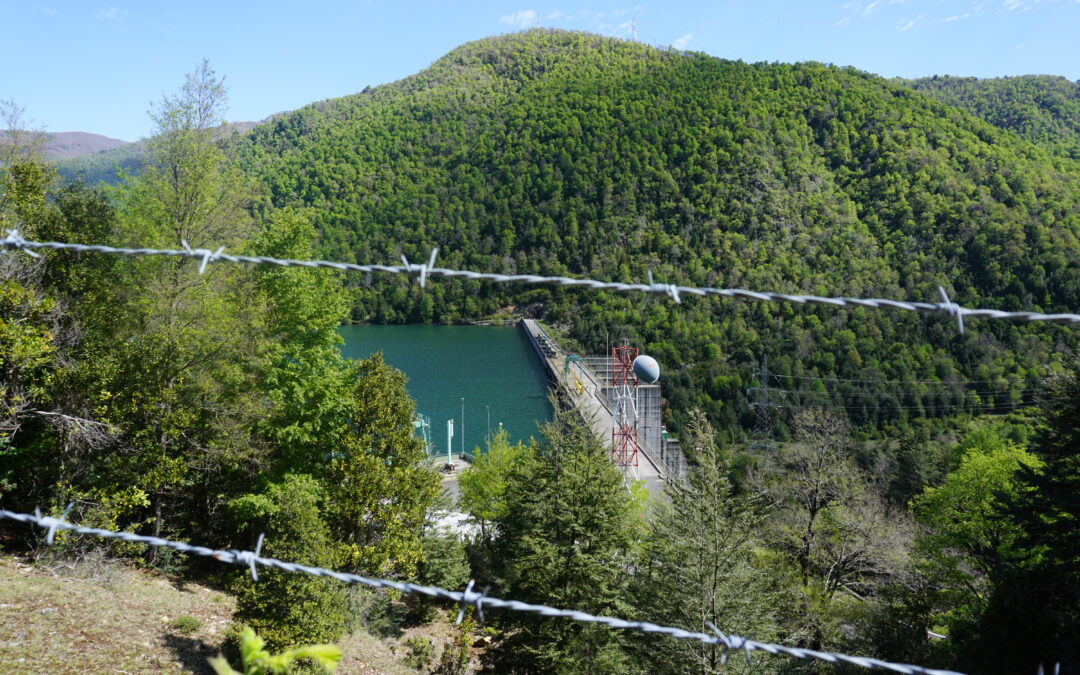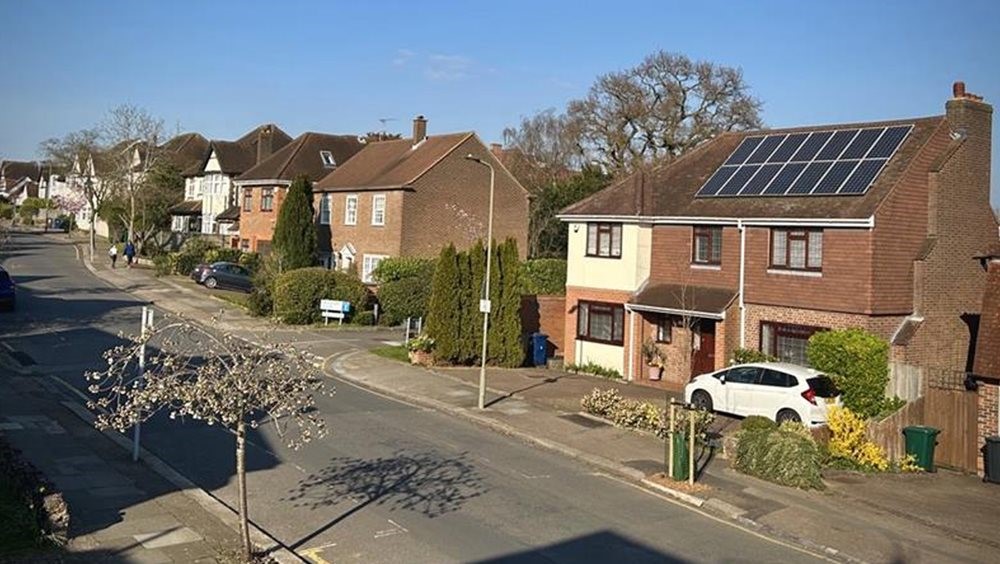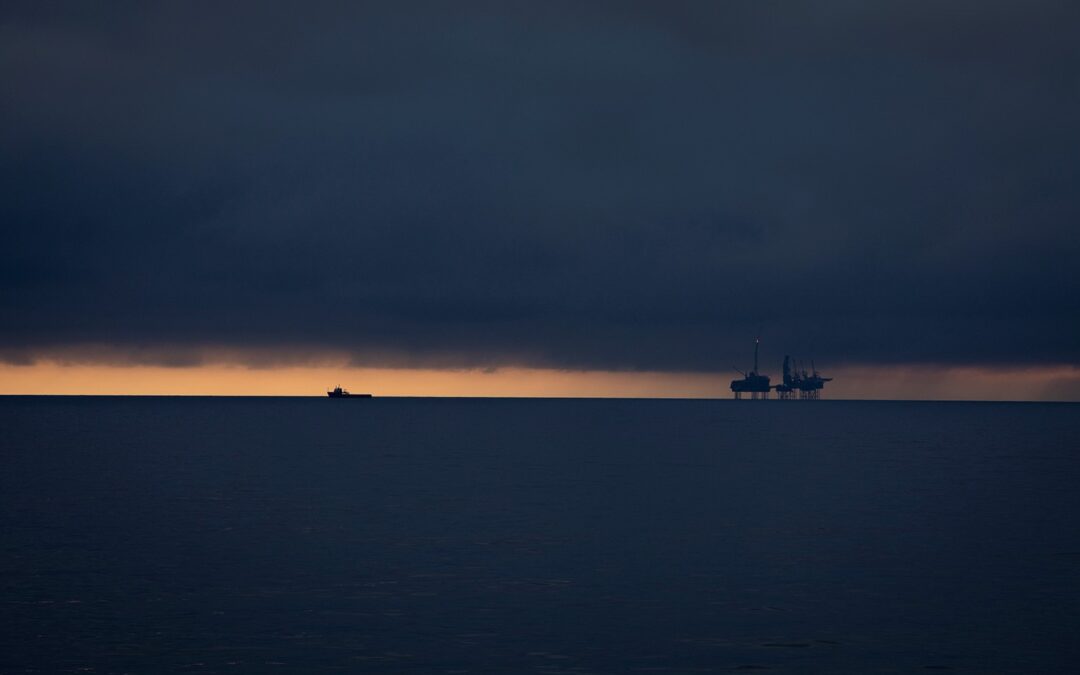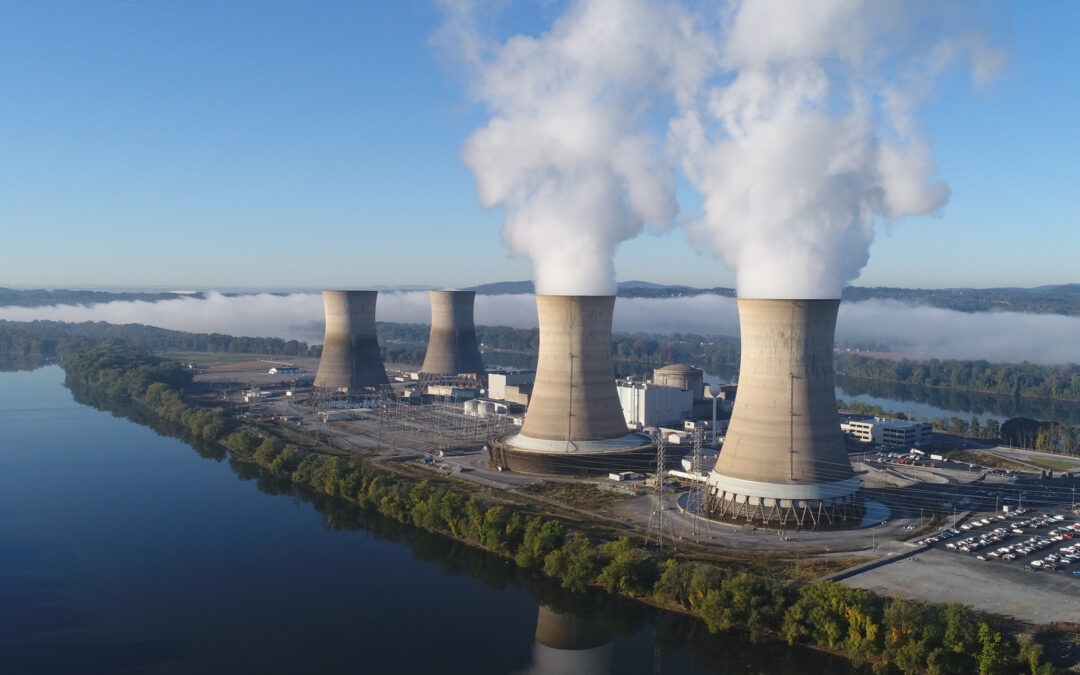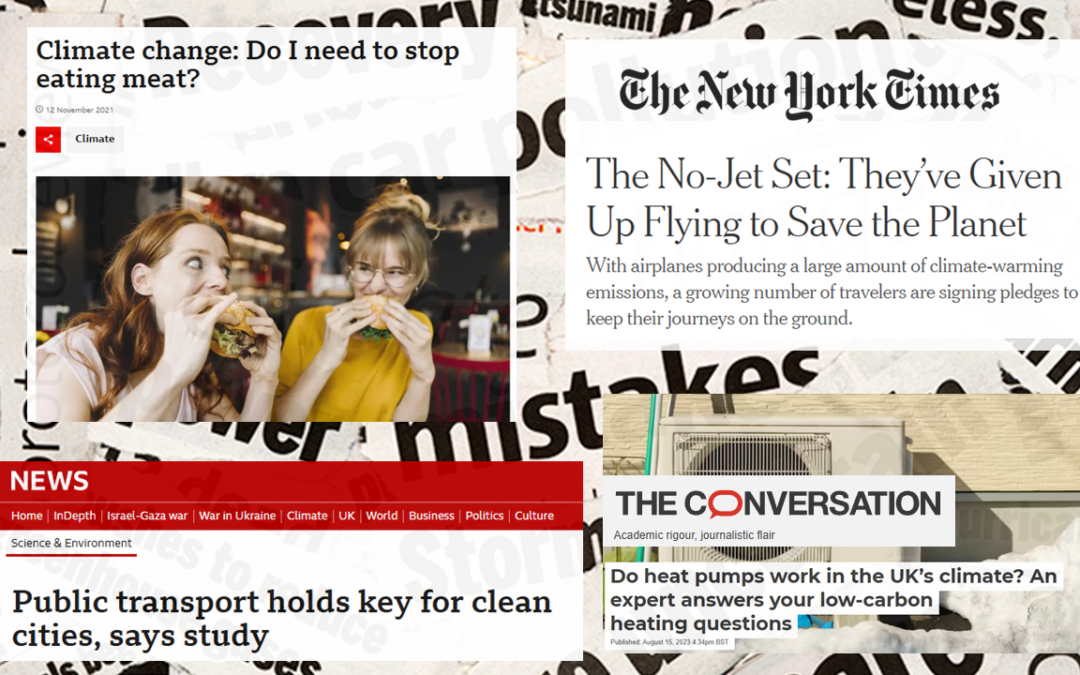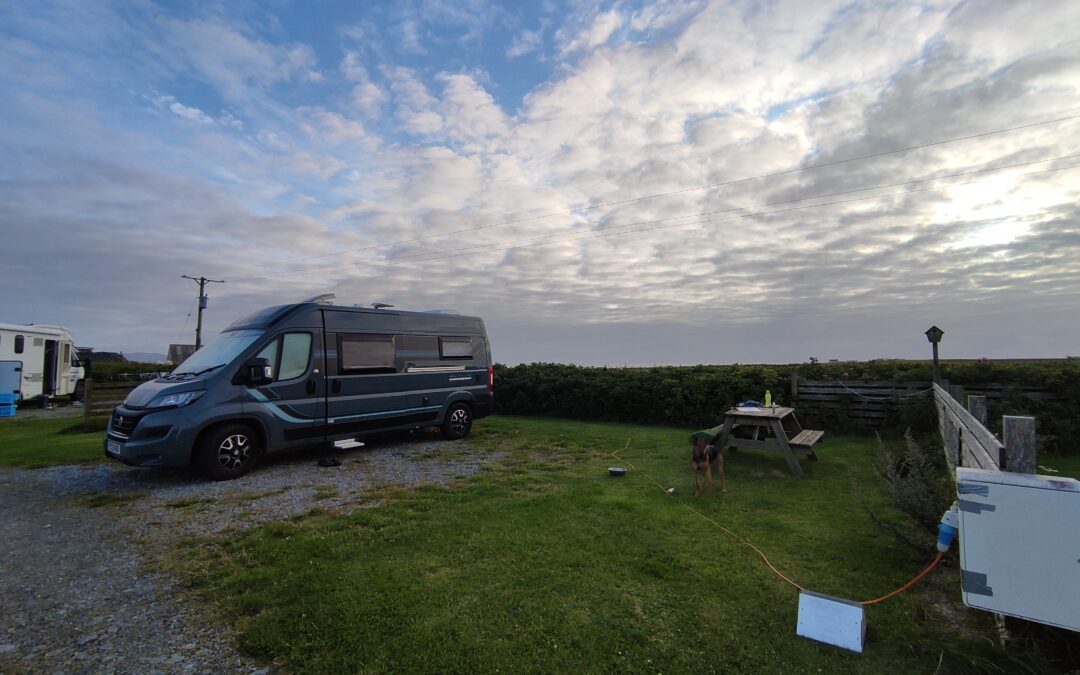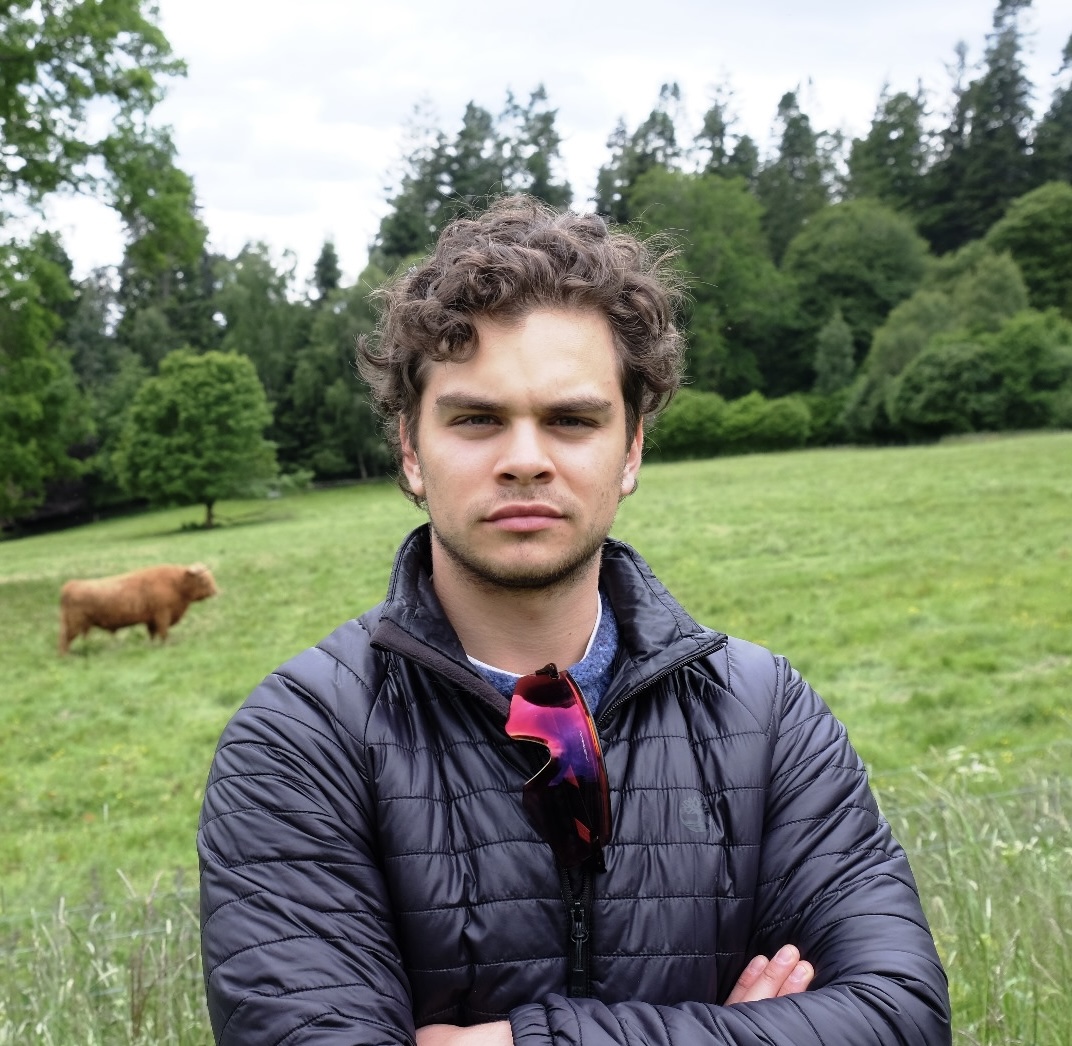Welcome to The Energy Blog, the CEE’s online forum for all things energy! Launched in 2020, the Blog is an open and interdisciplinary space featuring short reflection pieces informed by the latest energy research from the Centre and beyond. We explore key energy issues of contemporary relevance: from legacies of energy industries to the future of nuclear power, from the politics of gas infrastructures to the potential of hydrogen. Our contributors include geographers, historians, social anthropologists, ecologists, physicists, and even astronomers. We are always keen to hear from new contributors, so if you have an idea to pitch, please write to us at [email protected].





